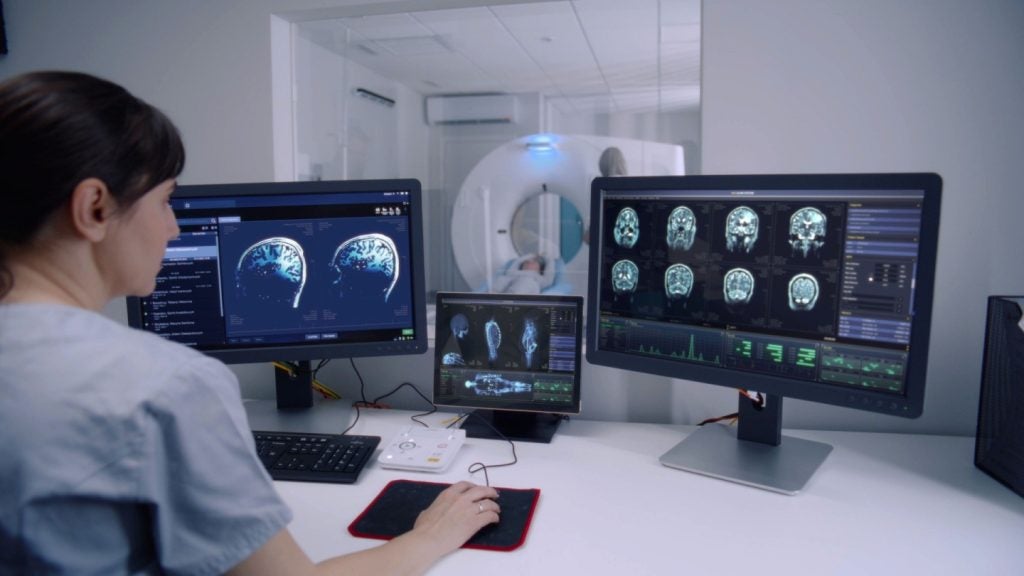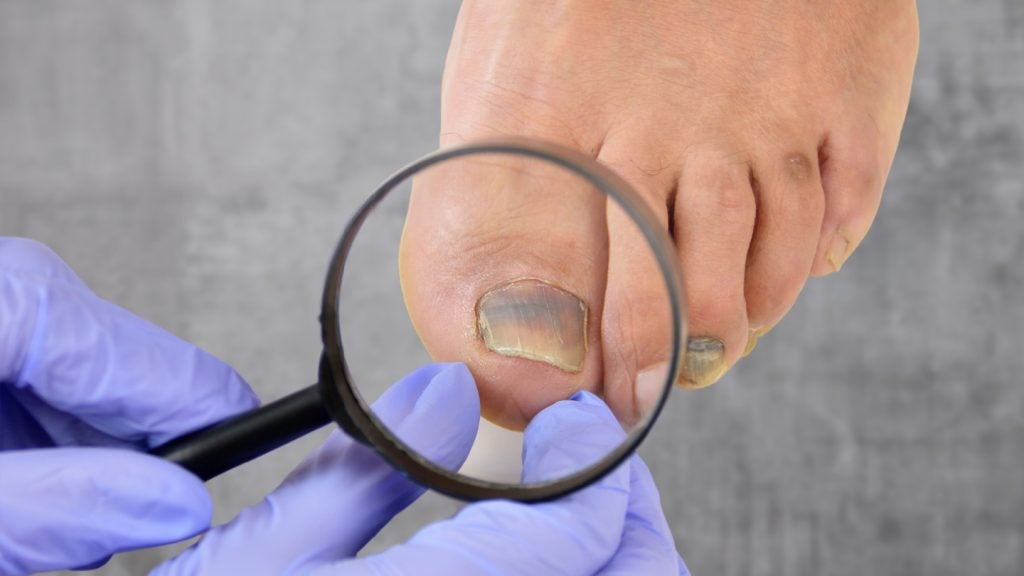Radiopharm Theranostics (RAD) and AtomVie Global Radiopharma have announced a partnership for the development and manufacturing of 177Lu-BetaBart radioantibody to treat multiple solid tumours.
The partnership has been formed with Radiopharm Ventures (RV), a joint venture between RAD and the MD Anderson Cancer Center (MDACC).
177Lu-BetaBart is a 177Lutetium-conjugated radioantibody that targets the immune checkpoint molecule B7-H3, which is heavily exhibited in various tumour types and associated with aggressive cancer and poor patient outcomes.
The collaboration intends to strengthen both companies' expertise to producenew radiotherapeutic solutions for cancer, addressing significant unmet medical needs.
The first targeted radiopharmaceutical against the 4Ig subtype of B7-H3, 177Lu-BetaBart was engineered at MDACC to have a lesser blood circulation time and decreased on-target off-tissue toxicity.
RAD managing director and CEO Riccardo Canevari stated: “Our collaboration with AtomVie is a significant step forward in our mission to bring innovative radiopharmaceutical therapies to patients.
“Their proven track record in manufacturing and global distribution assures us that we are in capable hands as we progress through the clinical stages and prepare for potential commercialisation.”
The partnership unites RAD's portfolio of radiotherapeutic products with AtomVie's capabilities in manufacturing and global distribution of radiopharmaceuticals.
The 177Lu-BetaBart project is part of a broader pipeline of unique technologies developed by RAD and RV, including small molecules, peptides and monoclonal antibodies, all sourced from universities and institutes worldwide.
AtomVie CEO Bruno Paquin stated: “We are thrilled to partner with RAD on such an important project. With our expertise in radiopharmaceutical manufacturing, we are confident that we can support RAD in advancing its innovative pipeline.
“This partnership reinforces our commitment to transforming patients’ lives with high-quality radiopharmaceuticals, as we continue to expand our capabilities in our new facility and empower novel radiotherapeutics to market.”
A Phase I/II first-in-human trial of 177Lu-BetaBart across multiple tumour types in the US is anticipated to commence by mid-2025.















